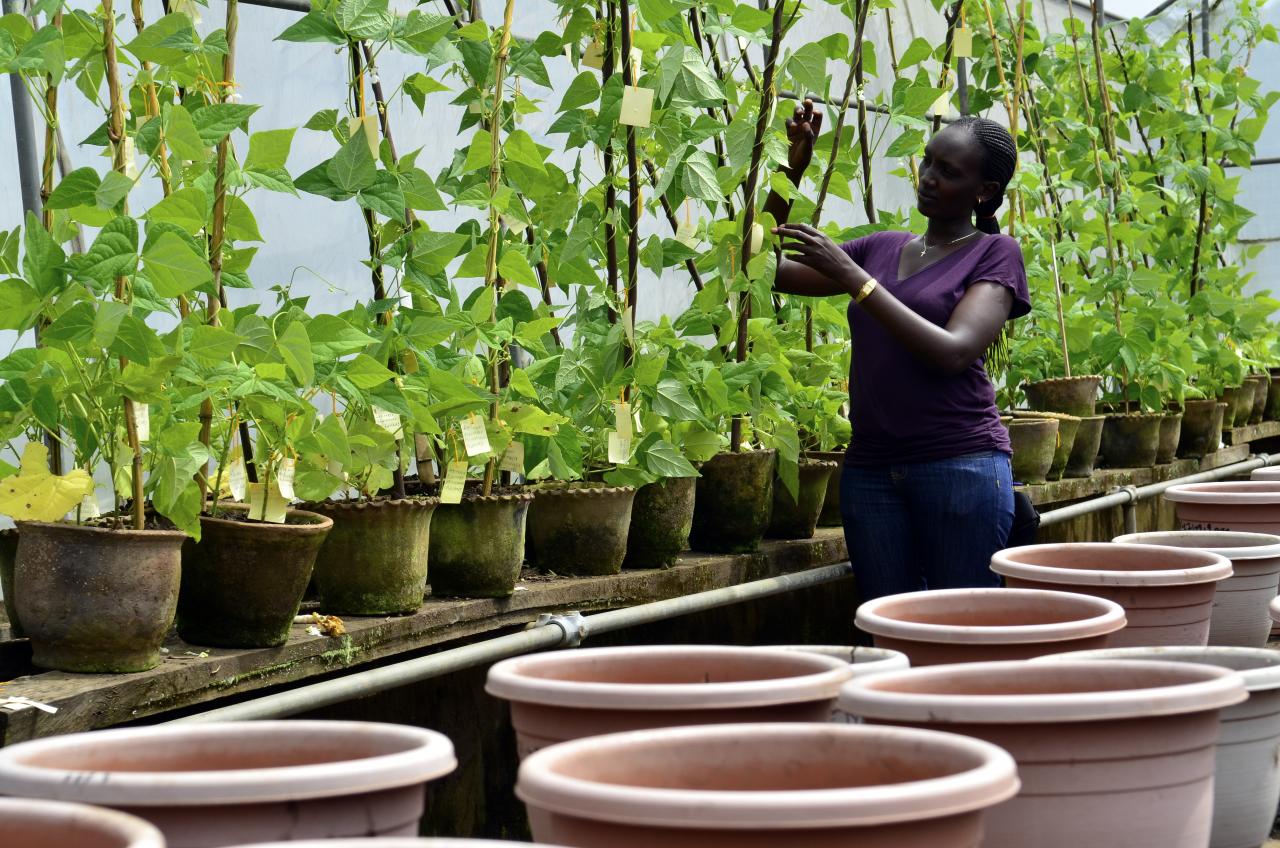Agricultural transformation and seeds
Sixty percent of Africa’s population, estimated to 1.3 billion by 2050, is employed in agriculture-related activities. Africa is home to a quarter of global biodiversity and 65 percent of the world arable land, according to the Convention for Biological Diversity and the Food and Agriculture Organization on the United Nations respectively.
In spite of this tremendous potential, agricultural activities in Africa account for only 10 percent of the continental arable surface and are characterized by persistently low efficiency and productivity. This has resulted in the continent’s inability to feed its population, leading to 35 billion US dollars being spent yearly to import food. The agriculture sector’s contribution to the total GDP as low as 25 percent has severe consequences on economic and social stability.
All this justifies the urgency to drive a change in the way the agricultural sector operates: agriculture needs to be transformed into an engine of social and economic growth, while addressing the impact of climate change, growing social inequalities and pressure on natural resources.
CAADP and agricultural transformation
Agricultural transformation can be intended as the ensemble of investment, political and technical processes aiming to create and sustain inclusive and green growth processes of the agricultural sector. It is a central element of the Comprehensive Africa Agriculture Development Programme (CAADP), the framework shaping agriculture-related initiatives to facilitate reaching the goal of “eliminate hunger and reduce poverty through agriculture”.
Specifically, as stated by the Malabo Declaration on Accelerated Agricultural Growth and Transformation for Shared Prosperity and Improved Livelihoods, quality seed are recognized as a major conduit for increasing crop productivity and resilience. As a matter of fact, the CAADP framework aims at promoting and ensuring a high degree of seed security as a pathway towards the attainment of long-lasting food and nutrition security in Africa.
Seeds as a conduit for agricultural transformation and improved resilience
Through a sustainable seed sector and the use of innovative approaches, it is possible to transfer the advancements of agricultural research to farmers more quickly and efficiently and scale them up. These advancements - which include better yields, resistance to pests and diseases, good aptitude to storage and processing, suitability for farmers and consumers - can positively influence all steps of the agricultural value chain.
Farmers also need efficient means of adapting to changing climate conditions. A functioning seed system provides rural communities with a greater and better choice of varieties, and contributes to the diversification of crops, enhanced resilience and mitigation of the effects of climate change.
Jobs are to be created if we want to address pressing issues such as youth migration and gender gap in agriculture. The production and use of quality seeds of improved varieties using more commercial-minded business models offer good opportunities for income generation especially by women and the youth, and therefore represent important drivers of social inclusion.
Role of AfricaSeeds
AfricaSeeds is the intergovernmental seed organization appointed by the African Union to steer the efforts of seed sector development in the continent. It operates within the framework of the African Seed and Biotechnology Program.
During the last decade, AfricaSeeds has become a key player in agricultural transformation on the continent. It addresses critical issues of the African seed sector, such as capacity building, small seed enterprise development and public-private partnerships. Its major contribution is substantiated in the progress towards enhancing the production and use of seeds as a major input to agriculture production, as captured in the Malabo Declaration Biennial Review.
Through these efforts, AfricaSeeds substantially participates to food and nutritional security, wealth creation and resilience of livelihoods in Africa.
 ©CIAT
©CIAT
Through a sustainable seed sector and the use of innovative approaches, it is possible to transfer the advancements of agricultural research to farmers more quickly and efficiently and scale them up.
